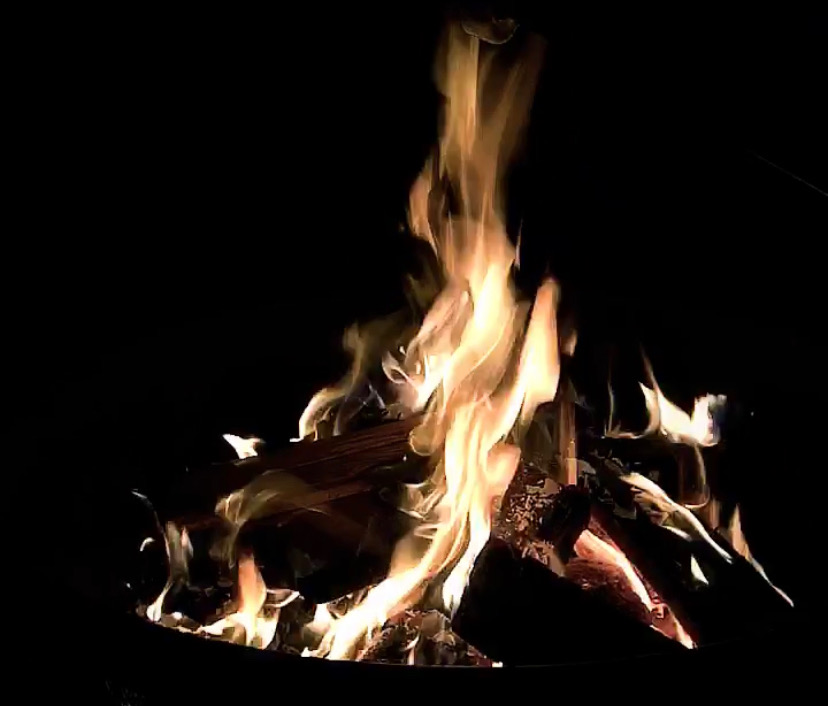One year, the church I was at had a fall festival where we had games for kids, trunks of cars decorated for kids to get candy, and food for families. The youth ministry had done an incredible job of serving and helping out and I had told them if they served, we would have a bonfire afterwards. Fortunately, for us, we were outside of the city limits and were in the process of doing some adding on to our current facility so there was a pile of trees an excavator had piled together. The week before I had went to the township to request a burning permit for the bonfire and I thought we were all set.
As the fall festival shut down I sent one of my great volunteers to get the fire ready while I worked with a group of people cleaning things up inside. About 15 minutes later I heard a big WOOOSSHHH and turned my head to see a burning inferno. The large pile of trees seemingly went up in flames all at once.
Within seconds, I heard the clear sound of the firetrucks heading our way.
Over the next 30 minutes I had the privilege of listening to the fire marshal walk me through the fine print of a burn permit, appropriate recreational fire regulations, and an occasional what-in-the-world-were-you-thinking expletive. I apologized profusely for my carelessness, my irresponsibility, and my narrow minded mistake. Afterward, the amazing leader apologized to me. He had brought 2 large containers of gas, had soaked the entire pile of wood, and then lit a match. He said he was surprised by the explosion that ensued and grateful that he still had eyebrows left.
Over the years, I have looked back at that experience and enjoyed the laughter that I have from that experience. I think I can enjoy that experience now, because I took responsibility quickly and apologized immediately without trying to get defensive or cast blame. But that isn’t how I have always responded to my mistakes.
Many times in my life, I have messed up. From missing a meeting, to forgetting to confirm 10 – 15 passenger van rentals, to saying something critical without thinking, to making a financial commitment of thousands of dollars without approval. Many of those times I have been defensive and insecure and tried to cast blame on someone else or deflect responsibility of the decision and the consequence. There have been times where I didn’t want people to think I wasn’t capable of the position I was in, so I covered things up or made it sound like it really wasn’t a big deal. I have learned through hard conversations, awkward business meetings, and uncomfortable conversations with parents and staff it is always better for everyone involved to apologize quickly. As soon as I realize I have made a mistake I try to apologize and take responsibility. When someone confronts me, I try to immediately take responsibility and apologize. I have found a quick ownership of something I have done wrong helps put the situation in a healing direction. I am still working on doing this well, but I am enjoying watching my heart and my relationships becoming stronger and healthier.
As a leader, I believe apologizing quickly and clearly is important for maturity and growth. Apologizing shows people around you that you care about them and are trying to live a life that serves them and doesn’t try to overpower or belittle them. Apologizing helps give space for character and integrity to grow and be the foundation of your life. Apologizing keeps you humble and relying on God for your identity and purpose instead of what you can do and what you can accomplish. Apologizing gives you the ability to live a life where you can spend more time focusing on other people and their needs because you don’t have to spend time protecting your own mistakes and missteps. By apologizing quickly we are able to show people that they matter and that you desire to live an authentic and transparent life that helps people see Jesus more clearly.

